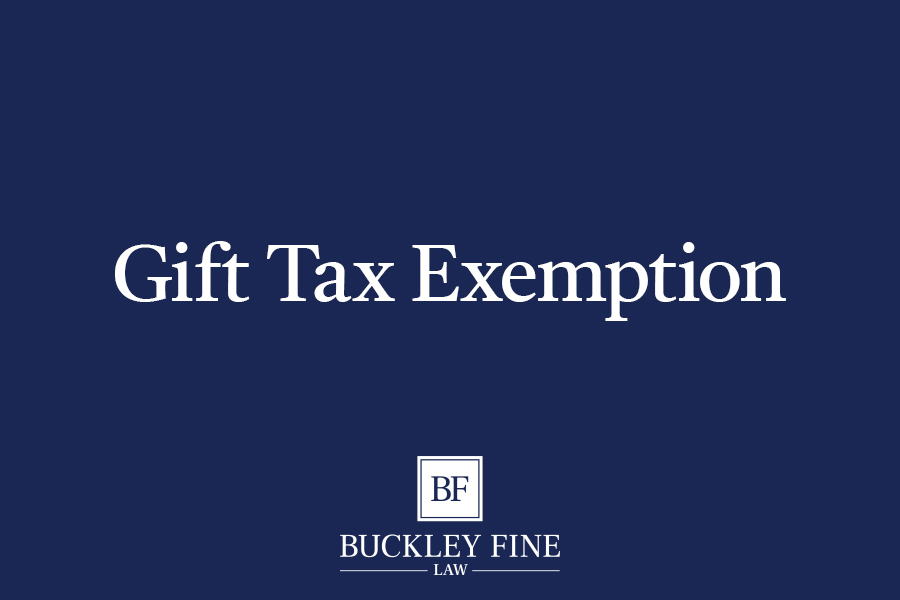Federal estate tax changes are on the horizon. It is important to review and update estate plans well before those changes become effective.
The 2017 Tax Cuts and Jobs Act nearly doubled the estate and gift tax exemptions, but only until December 31, 2025. This year, the lifetime federal estate tax exemption is $13.61 million per person. This means an individual could shield $13.61 million from federal estate or gift taxes ($27.22 million for married couples). These historically high exemptions will “sunset” and be reduced on January 1, 2026, to perhaps $7-$8 million per person unless Congress takes action to extend them. This will greatly increase the number of estates that will be subject to a federal estate tax (the tax rate is 40%).
High net worth individuals and families should consider using the higher exemption to make gifts above the lower post-2025 exemption amount before they “lose” this excess exemption. The IRS has finalized rules stating previous lifetime gifts are excluded from estate tax if the exemption is lowered after the gifts are made.
Now is an ideal time to review your estate planning and gifting options and to take action before the opportunities currently available are lost. Even clients who are not sure how much they may want to give away should create the vehicle that gifts would go into well in advance of the sunset. Reviewing the options and designing trusts takes time to implement.
The federal government also provides for an annual gift tax exclusion (currently $18,000 per recipient with no limit on the amount of recipients). This allows individuals to gift a designated amount each year without any gift tax consequences or use of their lifetime exemption. For a married couple with a larger family, the $18,000 that each can gift to each family member ($36,000 combined) can be a very effective technique over time, especially when combined with other estate tax planning techniques.
In addition to the federal estate tax, certain states (like Illinois) have an estate tax. In Illinois, the lifetime estate tax exemption is only $4 million per person and the tax rate is about 16% on the excess. This means an estate that is subject to both state and federal estate tax could be assessed at a combined tax rate that exceeds 50%. This makes it even more critical to plan ahead.
To learn more about additional planning opportunities to transfer wealth and reduce exposure to estate taxes, contact one of Buckley Fine’s Estate Planning attorneys at 847-381-0011 or email us at attorneys@buckleyfinelaw.com.



